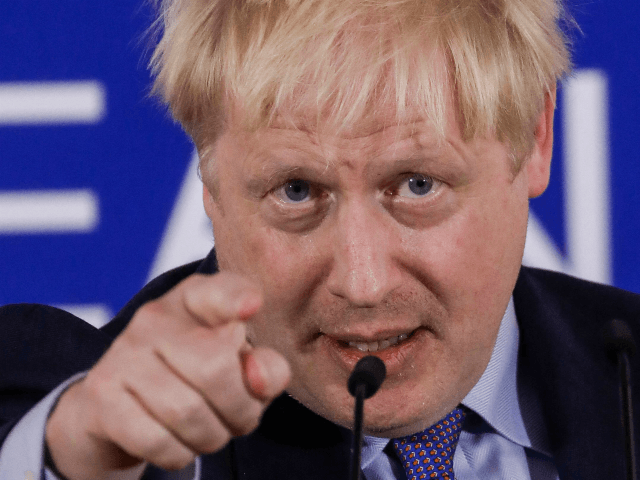Prime Minister Boris Johnson could push for a snap election if the European Union backs a Brexit delay to January 31st, 2020.
Last night, MPs got Prime Minister Boris Johnson’s European Union (Withdrawal Agreement) Bill over its first hurdle, voting to give it a second reading by 329 votes to 299. Mr Johnson succeeded where his predecessor had failed, with Theresa May’s withdrawal treaty having been voted down three times in the House of Commons.
However, his bill is in limbo after MPs rejected his intensive timetable to get the legislation through the lower house in three days, thus scuppering the prime minister’s plans to have the UK out of the EU with a deal by his “do or die” pledged date of October 31st, 2019.
On Saturday, the Benn Act forced the prime minister to write to the EU requesting an extension of Article 50 for three months because no deal had been agreed by the 19th of October. Europeans are currently considering whether to grant the extension, with President of the European Council Donald Tusk pressuring EU member state leaders to back the delay.
Downing Street sources have suggested that should the EU agree to the third delay to Brexit, the government would again push for a General Election. Mr Johnson’s team fears that even if the bill is passed in two weeks rather than the end of this week, a long delay may allow Remainers to hijack other parliamentary procedures and scupper Brexit.
While an unnamed Number 10 source told PoliticsHome on Tuesday night: “On Saturday Parliament asked for a delay until January and today Parliament blew its last chance. If Parliament’s delay is agreed by Brussels, then the only way the country can move on is with an election. This Parliament is broken.”
If the government is successful in triggering an election, it could take place in early November or according to some observers between the 5th and 12th of December.
Boris insists Brexit will still happen by October 31st, despite Parliament defeat and rapidly dwindling options available to him https://t.co/lSvJUCR9VU
— Breitbart London (@BreitbartLondon) October 22, 2019
The Fixed-Term Parliaments Act, however, means that Mr Johnson must have the agreement of two-thirds of the House of Commons. Remainers in the Opposition have already voted against an early election twice. Another route according to the BBC is a one-line bill that needs a simple majority. But that proposed legislation, too, could be attacked with a host of Remain-backing amendments which could get through as the Conservatives do not hold a majority in the House of Commons.
Labour leader Jeremy Corbyn, who has consistently called for an election in recent years, refused to back a public vote last month — the first Opposition leader in British political history to block the dissolution of parliament.
Recent polling strongly suggests Labour would not win a majority in an election. While Mr Corbyn has considered a vote of no confidence in the government, he is not willing to do so until the possibility of a clean-break Brexit has been eliminated.
Labour sources speaking to The Guardian last night have said that they are ready to back a snap election once the EU27 agrees to an extension of Article 50, ruling out a no-deal Brexit on October 31st. A spokesman later told the publication that the priority is: “Extension, then election.”
British MP Lobbies Poland to Defy EU ‘Mafia Cartel’ and Block Brexit Delay https://t.co/ZcXgNCw6hR
— Breitbart London (@BreitbartLondon) October 23, 2019

COMMENTS
Please let us know if you're having issues with commenting.